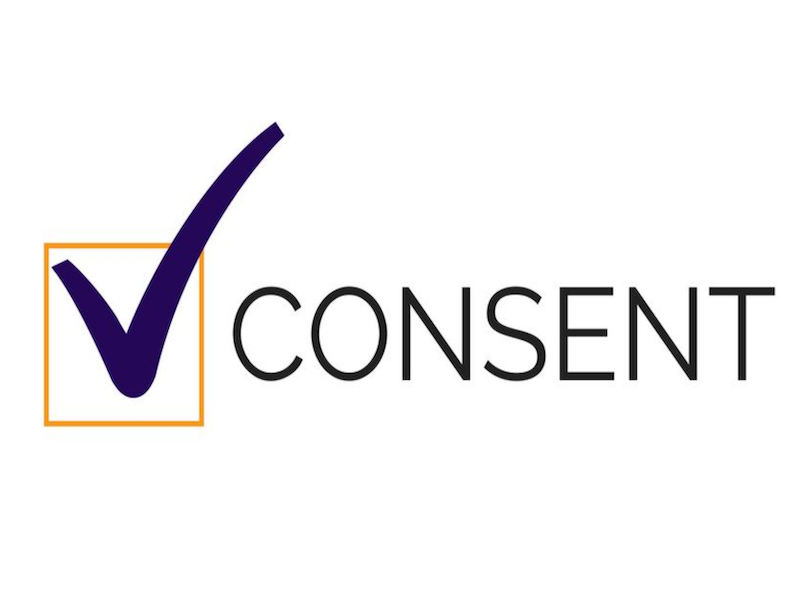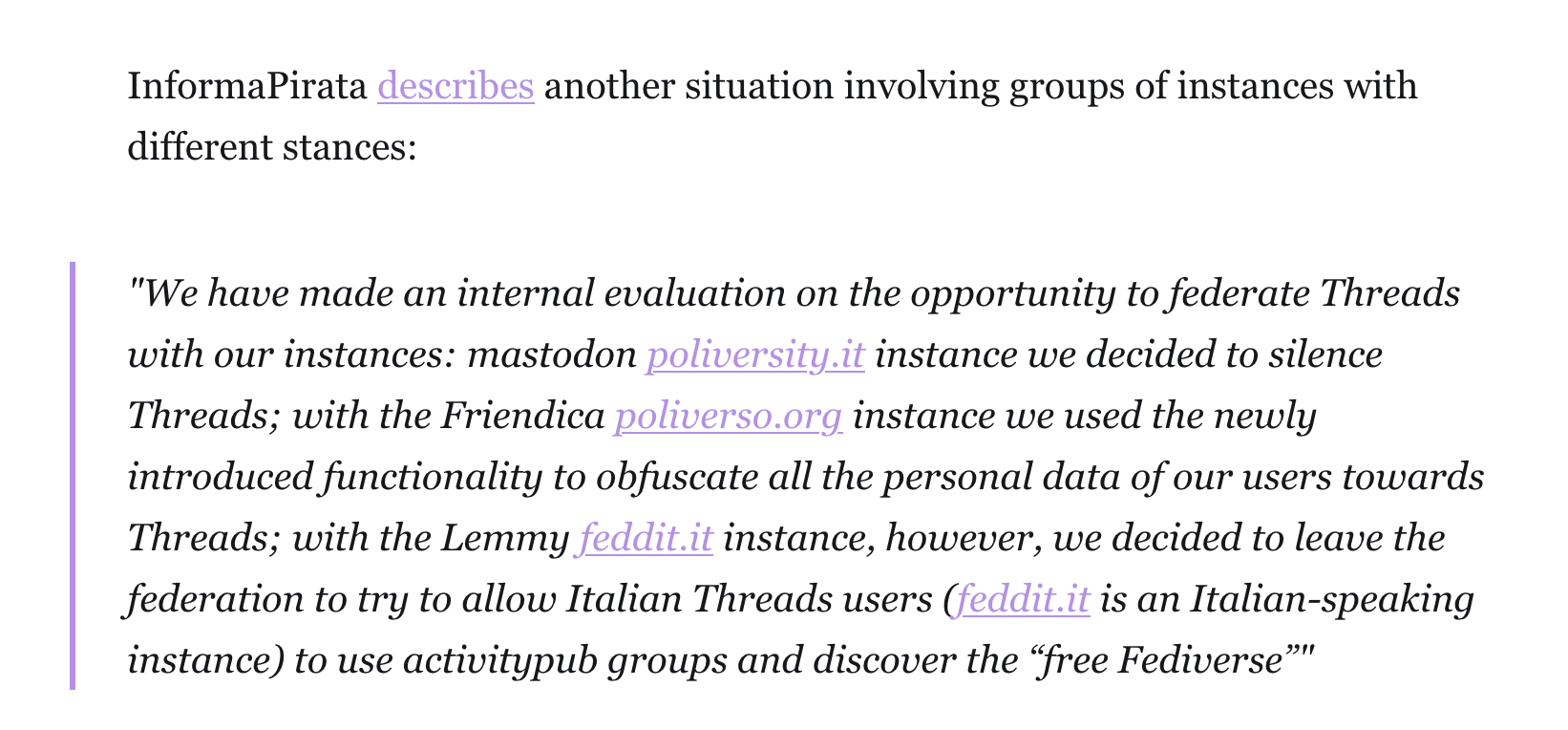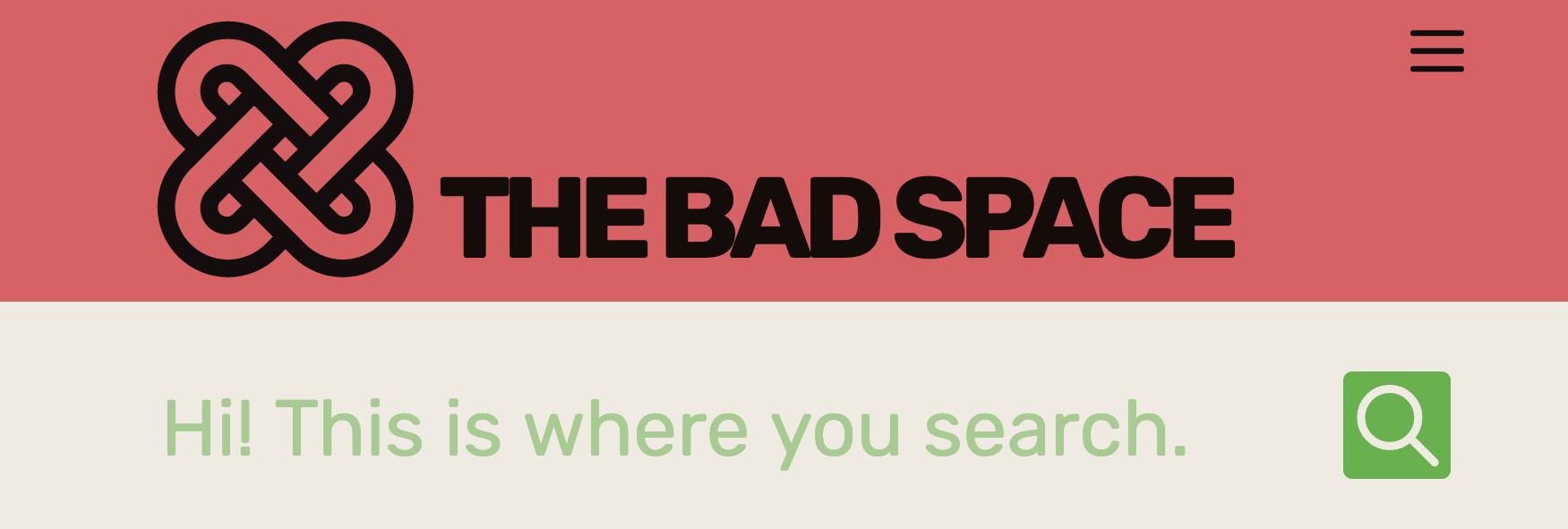

Thanks for the tipoff on having to turn off the VPN, it’s not at all intentional – and it’s not a good look for a site with privacy in its name! I’ll try to figure out what’s going on, it’s pretty vanilla Ghost / nginx hosted on a Digital Ocean droplet so not immediately obvious.
And yeah, it’ll be interesting to see how well the messaging you for approval works out in practice. As you could say it could look like phishing; and even if it’s fine when just one app is doing it, it’ll be annoying if there are hundreds. Also, there’s a Mastodon setting to silently ignore DMs (and I think other platforms have similar options as well). And for Bridgy Fed, it would be great to have a mechanism that works symmetrically between the fediverse and Bluesky … but Bluesky doesn’t have DMs. Tricky!
I should probably mention something about being a good ally in that section, that’s a good suggestion. That’s not the main message I’m trying to convey though, I really do mean it as a warning to cis guys to be careful. These firestorms are tiresome for everybody, ould we please just not? Also btw sometimes particularly unpleasant for whoever sets them off. But maybe there’s a better way to word it.











To get feedback! I often send out drafts to newsletter subscribers and post them on Mastodon and in the !thenexusofprivacy@lemmy.blahaj.zone community … I got a lot of good feedback on this one which is incorporated in the revised version.